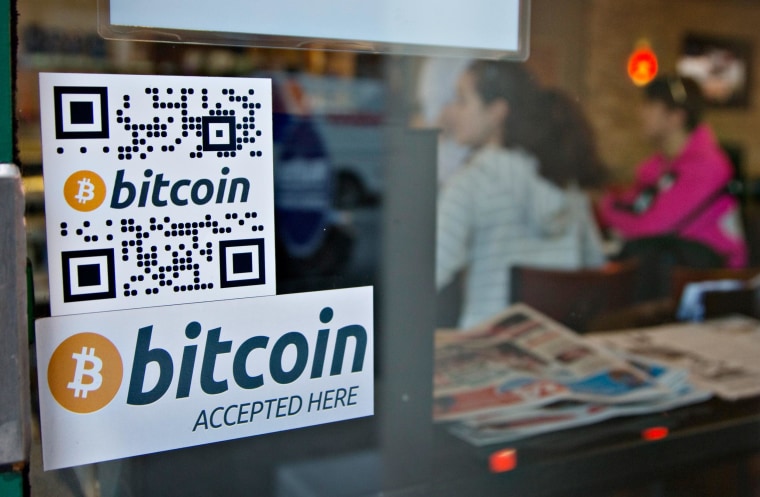uthorities have arrested two men for allegedly scheming to sell $1 million worth of bitcoins to anonymous drug buyers using the now-shuttered online drug exchange Silk Road.
In a 27-page complaint filed Friday and made public on Monday, authorities accused Robert Faiella and Charlie Shrem with money laundering and other charges related to facilitating illegal activity on Silk Road.
Silk Road, created in 2011, served as an anonymous online marketplace for illegal products and services including drugs. The FBI shut down the site in early October 2013, calling it “the most sophisticated and extensive criminal marketplace on the Internet today.”
Silk Road users could use only the digital currency bitcoin, which is difficult to trace. That’s where Faiella and Shrem allegedly came in, according to the complaint.
According to the attorney’s office, Faiella ran a bitcoin exchange on the Silk Road site from about December 2011 to October 2013. Faiella allegedly took bitcoin orders from Silk Road users and filled the order through a company called BitInstant -- which, for a fee, lets customers exchange cash for bitcoin anonymously.
Shrem was the CEO of BitInstant until it shut down in July 2013. For a time he also served as the company’s chief compliance officer. The complaint alleges Shrem personally bought drugs on Silk Road, and that he helped Faiella facilitate illegal business without reporting it.
The pair allegedly split ways in late 2012, when Shrem’s company stopped accepting cash payments. But Faiella allegedly came back to Silk Road a few months later without Shrem’s help, and exchanged “tens of thousands of dollars a week” in bitcoin until Silk Road was shut down in October 2013.
“When bitcoins, like any traditional currency, are laundered and used to fuel criminal activity, law enforcement has no choice but to act,” said Manhattan U.S. Attorney Bharara said in the statement. “We will aggressively pursue those who would co-opt new forms of currency for illicit purposes.”
The complaint charges both Faiella and Shrem with conspiring to commit money laundering and operating an unlicensed money transmitting business. The former charge carries a maximum sentence of 20 years in prison, while the latter can result in 5 years in prison.
Shrem received an additional charge of willfully failing to file a suspicious activity report regarding Faiella’s transactions through his company, which carries a five-year maximum sentence.
Shrem was arrested Sunday at New York’s John F. Kennedy Airport, Robert Faiella at his Cape Coral, Fla., home on Monday. Shrem is expected to appear in Manhattan federal court later on Monday, while Faiella will appear at some point in federal court in Florida.
